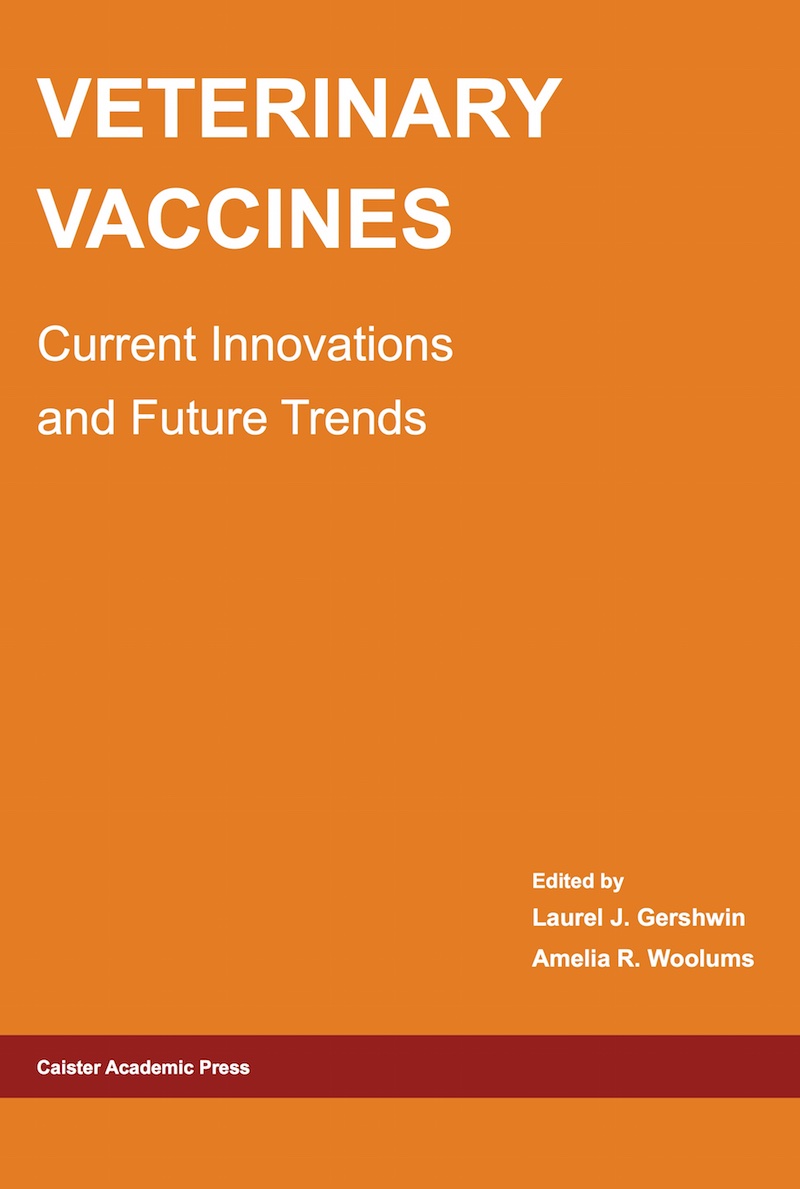Ecosystem Metabolism in River Networks and Global Climate Change
Vicenç Acuña, Rafael Marcé and Xisca Timoner
from: Climate Change and Microbial Ecology: Current Research and Future Trends (Edited by: Jürgen Marxsen). Caister Academic Press, U.K. (2016) Pages: 137-152.
Abstract
Primary production and ecosystem respiration are key processes for turnover of organic carbon, inorganic substances, and energy in running waters. Ecosystem respiration is commonly the dominant process because of the fueling by organic carbon from terrestrial origin. In fact, the mineralization of organic carbon within river networks shapes to a large extent the regional and global carbon balances, and will be highly sensitive to global climate change owing to major increases in the extent of the non-flowing periods, as well as in flood frequency and magnitude. Existing evidence points out that these alterations in the flow regime might increase organic carbon export rates, whereas temperature alterations will increase mineralization of organic carbon. The specific roles of lotic and lentic water bodies within river networks might also change, as the lakes and reservoirs might increase their roles in the carbon balance and partly counteract the effects of flow extremes on organic carbon export rates. Furthermore, construction of new impoundments might also increase their relative role in the global carbon balance, altering not only the fraction of the mineralized organic carbon processes in lentic water bodies, but the type of emissions given the predominance of CH4 emissions in those systems read more ...



